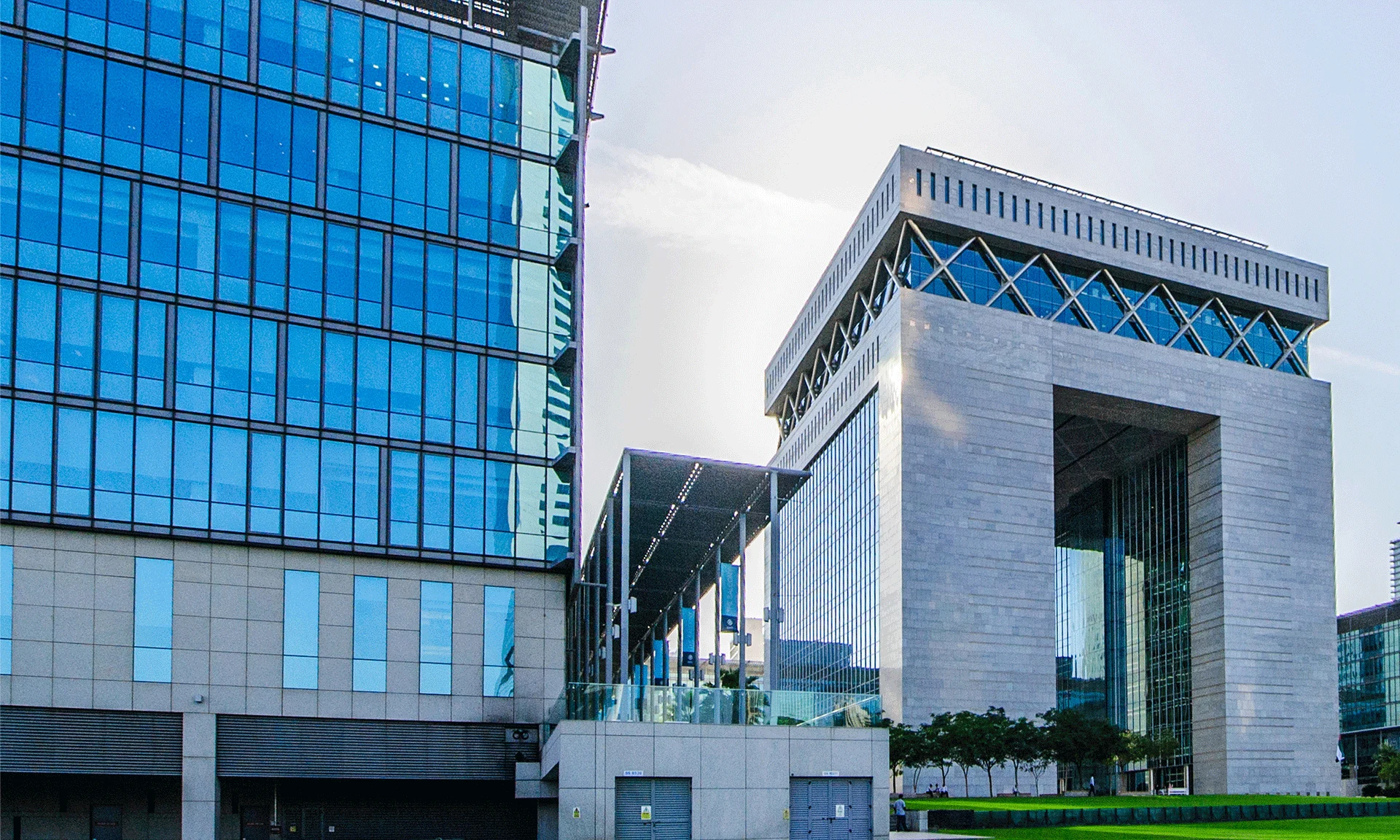The DIFC has lately announced their policies and guidelines regarding the Ultimate Beneficial Owners (UBO) of companies. A beneficial owner is defined as a person within a company who, as per the new DIFC regulation, directly or indirectly controls or holds either of the following:
- Shares or some other Ownership Interests in the applicable person over the relevant percentage;
- Voting rights in the applicable person above or more than the relevant percentage; or
- The right to give appointment or remove a big number of Directors of the applicable or relevant person.
Regarding a partnership, the UBO is allowed to exercise considerable control overall.
In case it’s a foundation or some Non-profit organization or, the UBO is usually an individual or person who has the legal control of all the activities of the Governing Body of the business entity or the operations conducted by it.
Details of the Law
The basic premise of the Ultimate Beneficial Ownership Regulation (Consultation Paper Number 7 of 2018) is to clarify that the UBO of a company or a business entity is to be identified. They should be a formalized prerequisite within the earlier mentioned legal forms of enterprise. In addition to this, this new regulation also explains that the DIFC holds the responsibility for ensuring that they are aware of the UBOs and possess updated information about them.
The exemptions are covered under Article 2 and Article 3 provides the definition of a UBO according to this law, which we have mentioned in this article. This article contains in-depth information and deals with other circumstances like 3.1.2, which concerns cases of two or more UBO parties.
A registrar holds all the collected information on the UBOs within the DIFC, and the relevant or applicable person decides to acquire this information and then communicate it to the registrar, as described in Article 3.2.2.
Article 4.1.4 describes the specific data regarding the requirement of collecting on the UBOs. This includes information such as the UBO names, nationality, addresses, date of birth and other such details. Article 4.2 explains the process if a new UBO comes or replaces the earlier one and how an application has to be made to the court. Other than this, in case any problems arise regarding the current UBO, an application is required to be made in a court to find a resolution of the matter.
Article 5 talks about an entity’s Nominee Director. This person who will be a Nominee Director of a company, has to be registered, and the information to be collected is the same as the UBO, and Article 5.2.1 confirms the same.
The duties and responsibilities of the registrar are mentioned under Article 7 and include data collection and analysis of the data; however, this should only be with a purpose to regulate things like money laundering, terrorist financing, or criminal organizations and sanctions conformity in the DIFC, and to be in compliance with any other such applicable laws in the DIFC.
Last but not the least; Article 8 describes any situations where any persons who had to obtain the information on the UBO or the Nominee Director and fails to follow any of these regulations, would be struck off by the registrar.




















